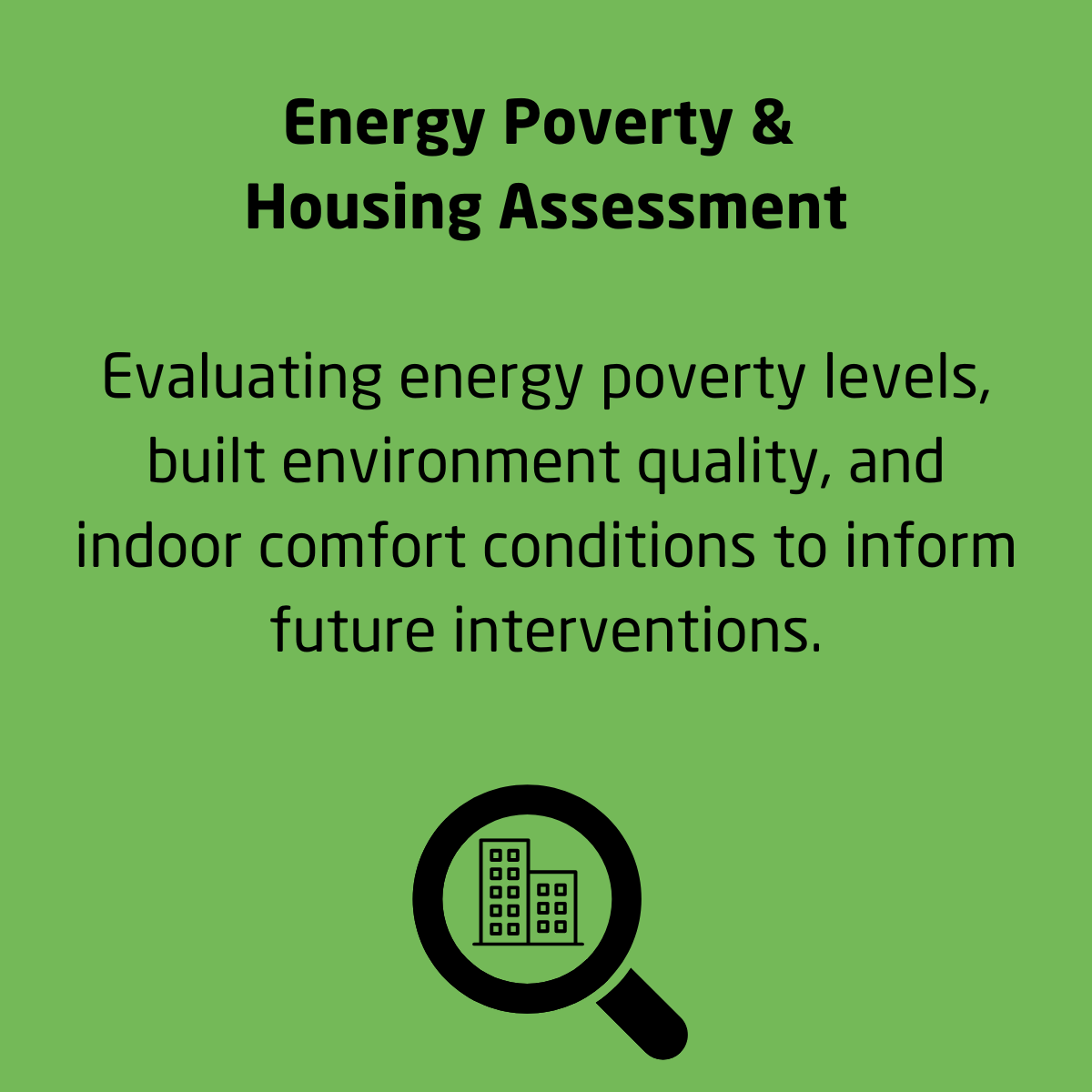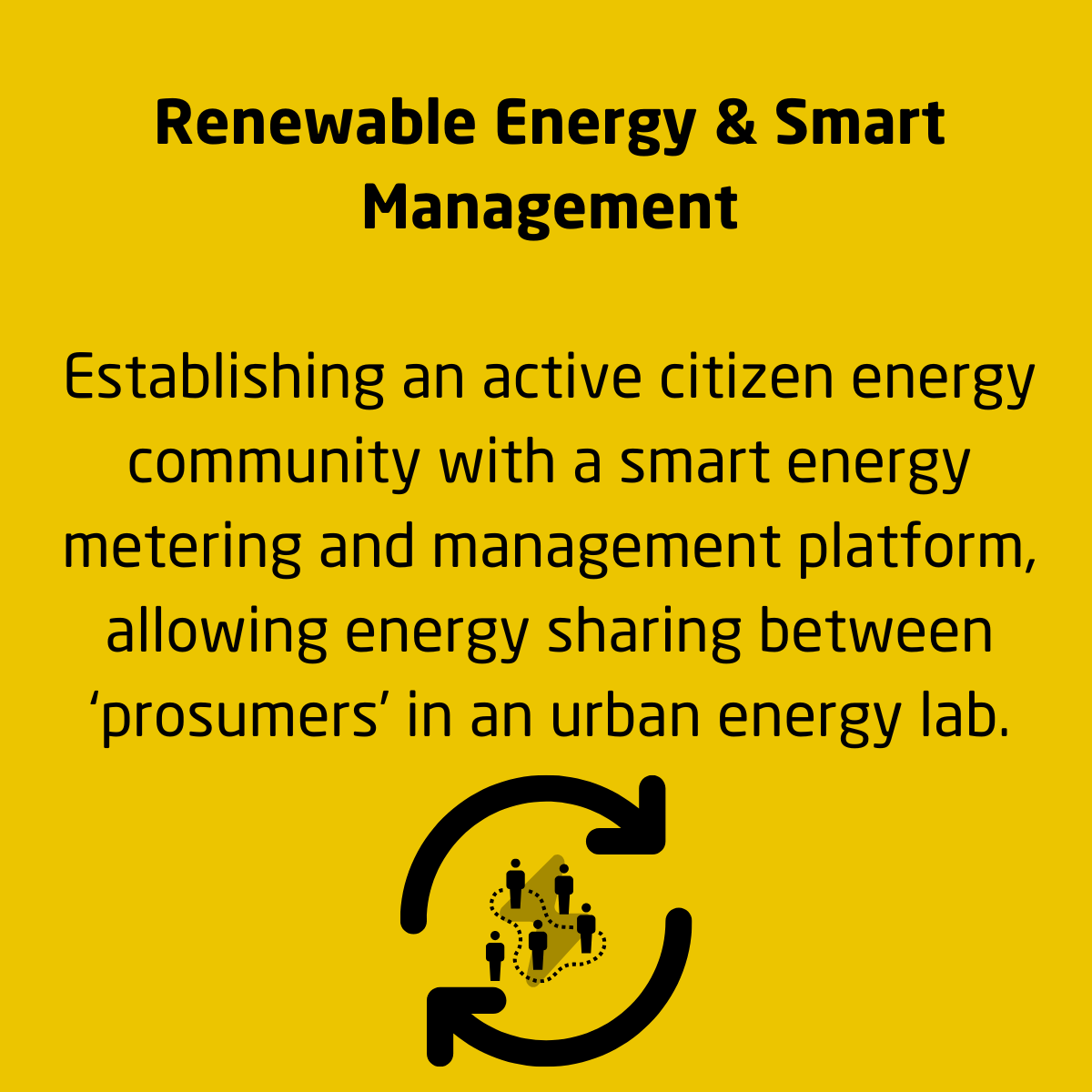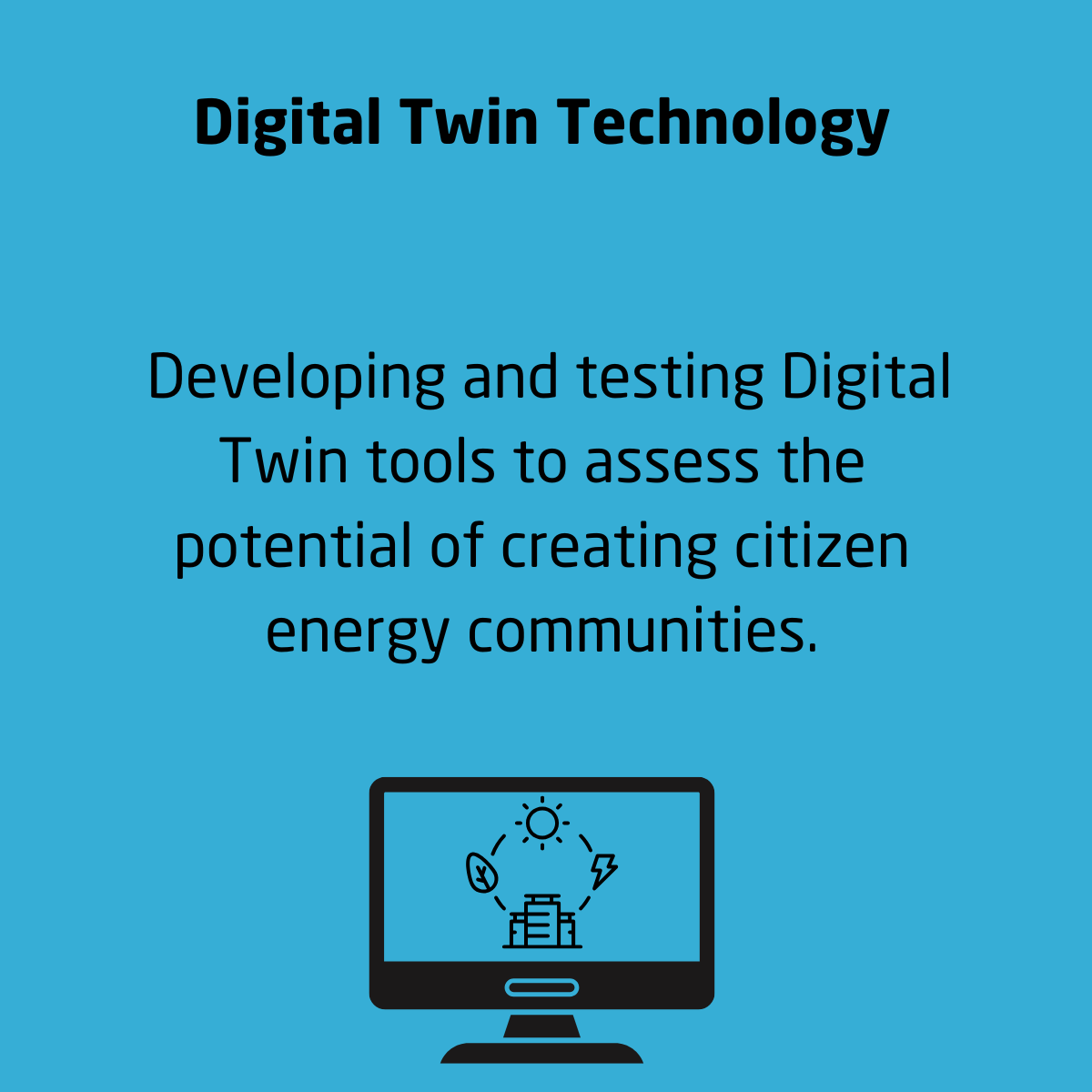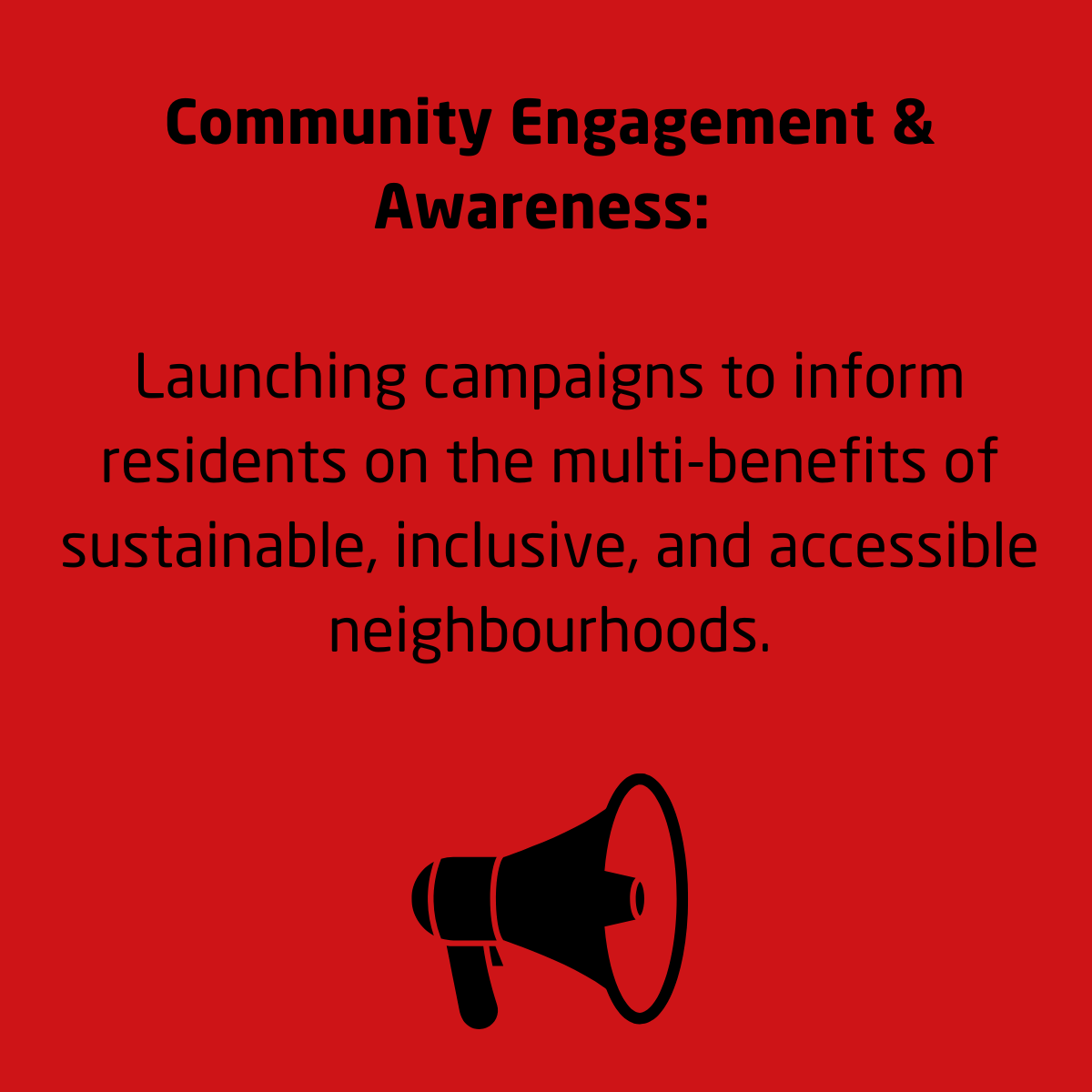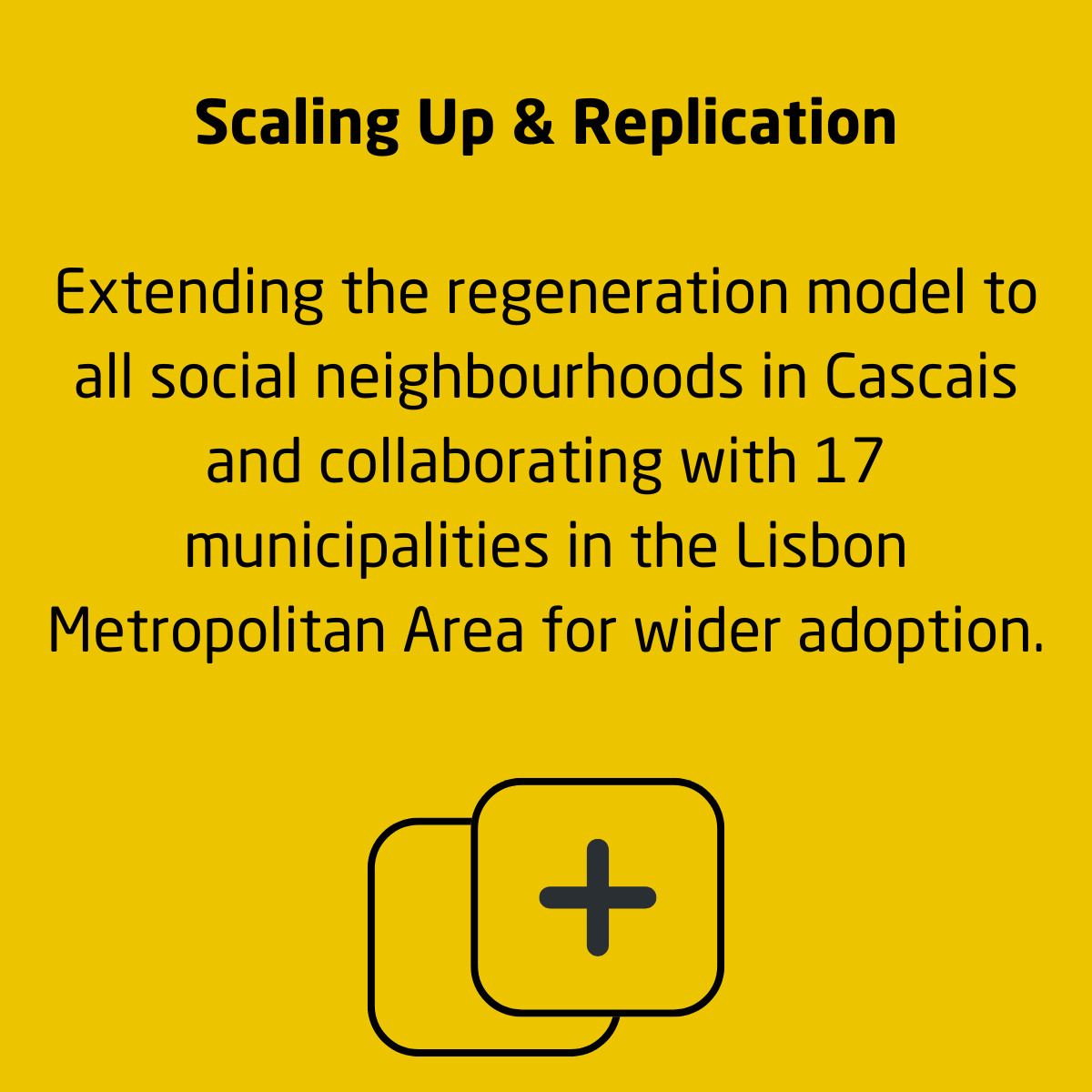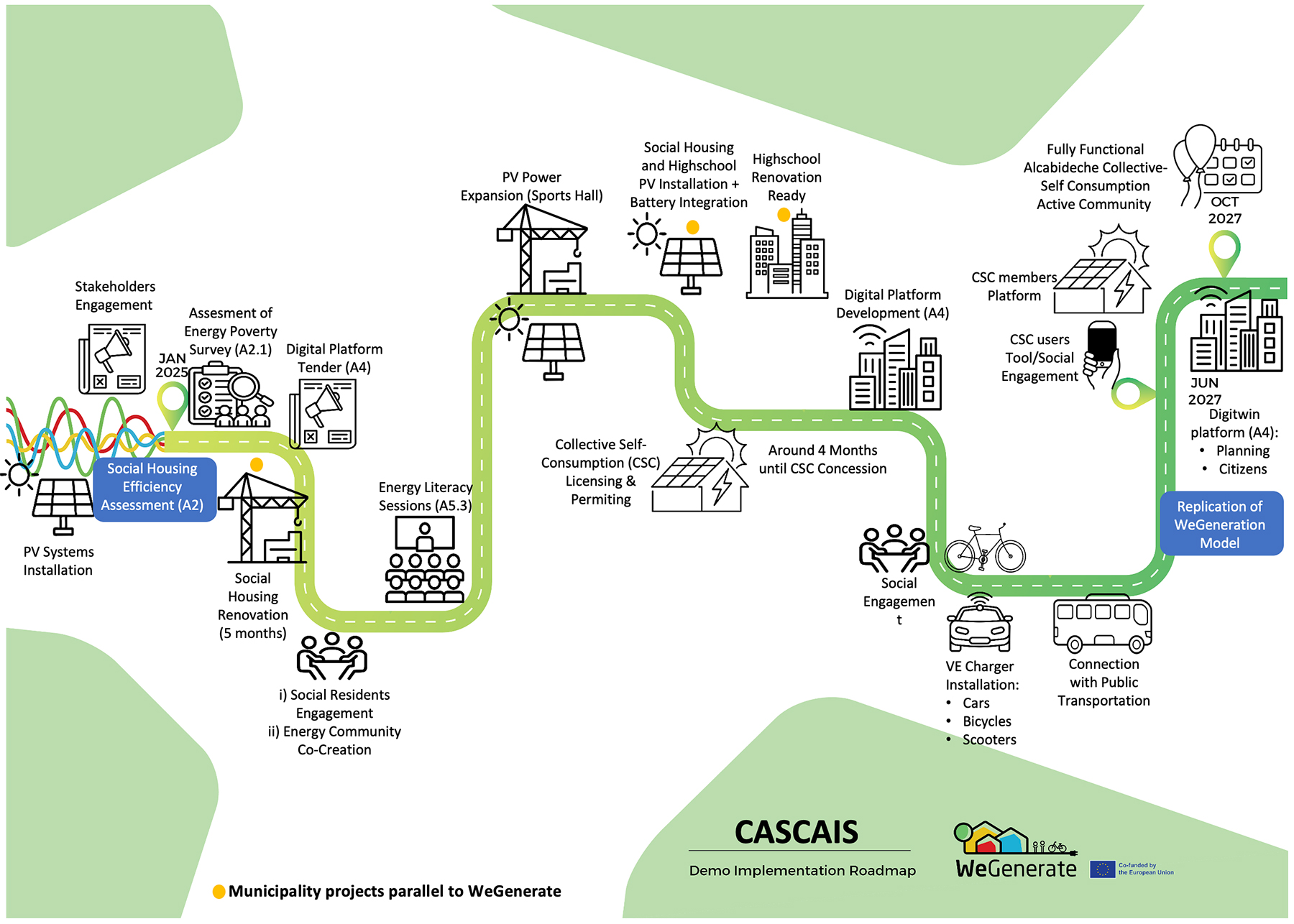Cascais is a coastal city with several urban centres experiencing continuous growth. The Alcabideche neighbourhood, where the Demo project will be implemented, stands out for its social diversity and community infrastructure, including multi-apartment buildings, single-family homes, local businesses, services, and schools. This dynamic urban environment provides an ideal setting for a decarbonisation ‘living lab,’ fostering active community participation in the energy transition.
The project aims to establish a local, active energy community that integrates social housing and educational institutions, promoting the adoption of renewable energy and energy-efficient solutions. Beyond its environmental benefits, the initiative is expected to drive urban regeneration, enhance residents’ quality of life, and position Alcabideche as a replicable model for other neighbourhoods. Ultimately, this effort contributes to Cascais' broader goal of achieving carbon neutrality by 2050.
Saiba mais sobre o WeGenerate em Cascais, em português,
aqui.
